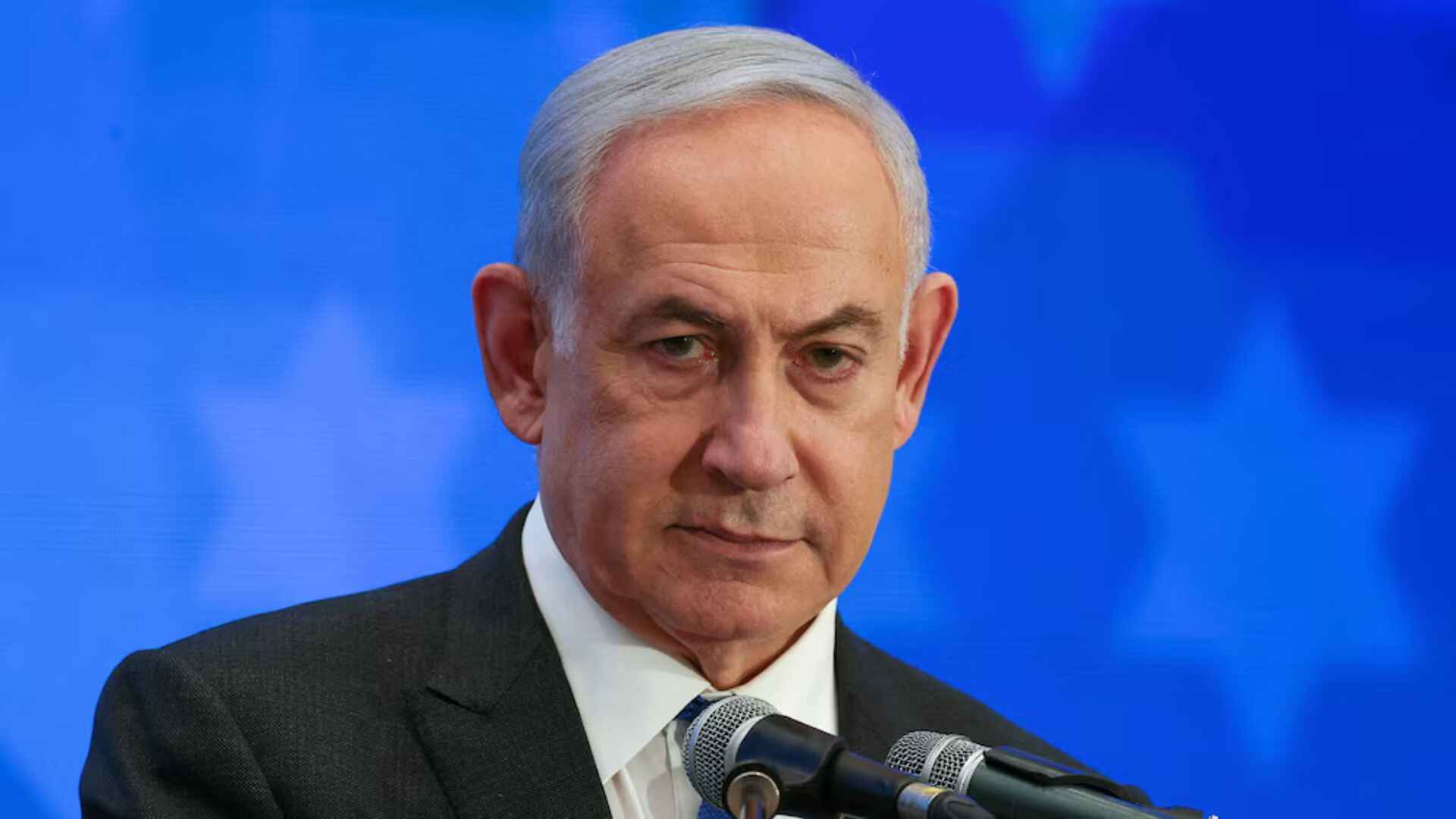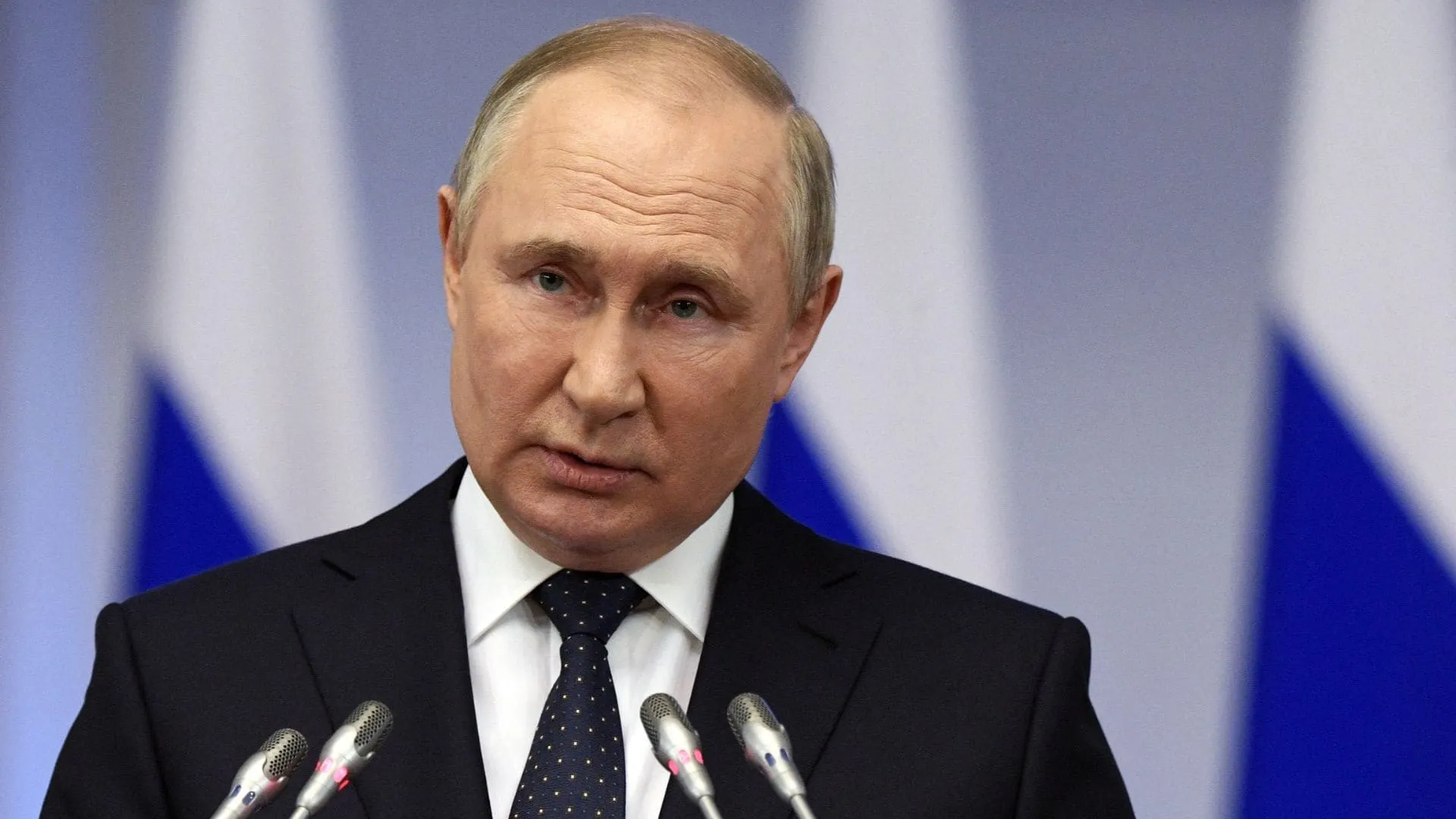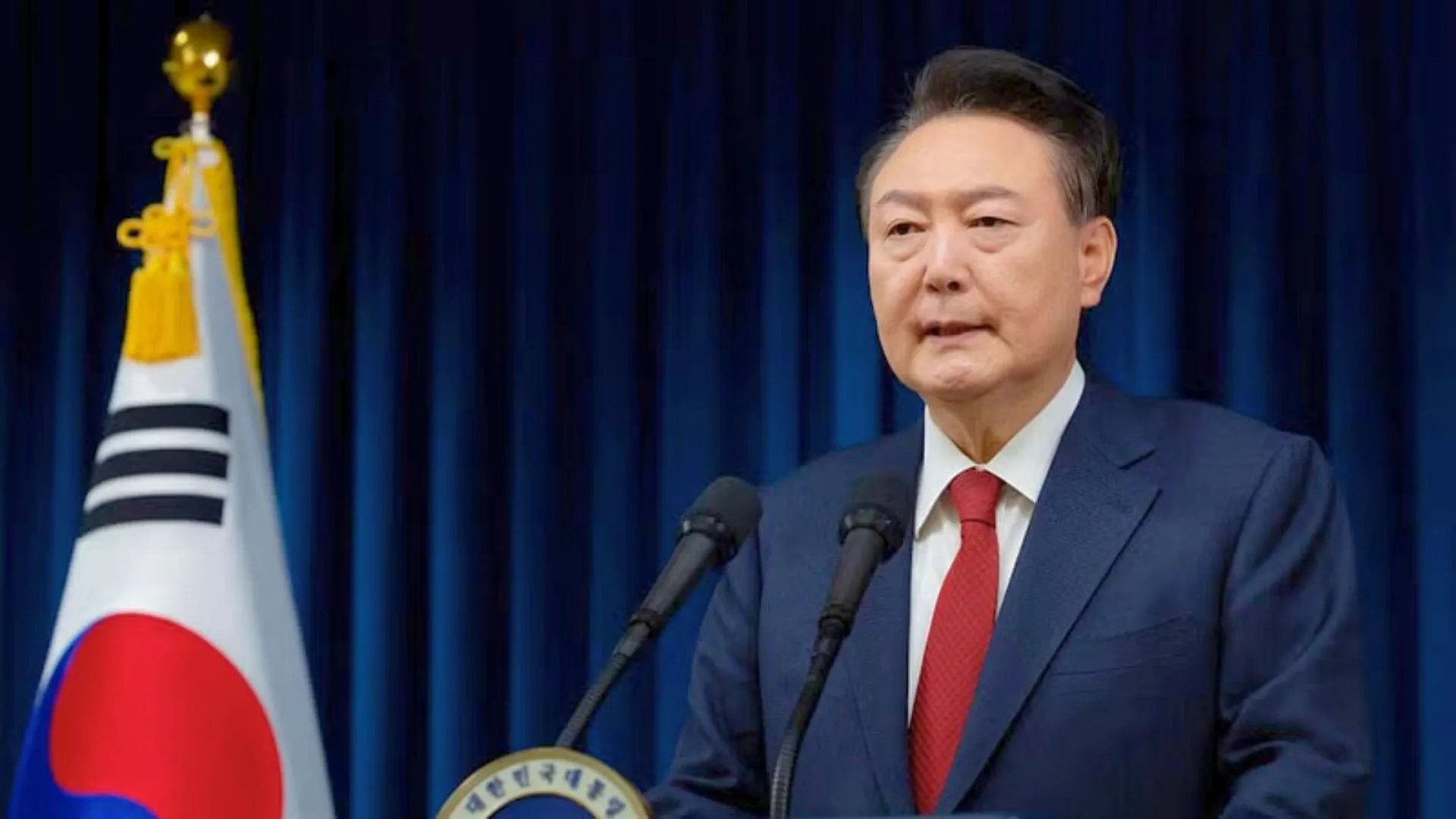Prime Minister Benjamin Netanyahu affirmed during a cabinet session that Israel will independently determine its course of action and take whatever measures are essential to safeguard itself, even if it runs counter to the guidance provided by its allies, The Times of Israel reported.
Netanyahu conveyed this statement during the cabinet session on Wednesday following his discussions with the foreign ministers of the UK and Germany. Earlier in the day, UK Foreign Secretary David Cameron and German Foreign Minister Annalena Baerbock visited Israel after Tehran’s assault on the nation. This attack occurred between Saturday and Sunday night, with approximately 350 drone and missile strikes launched.
Germany and the UK have urged Israel to show restraint following its counterattack, cautioning that further direct confrontations with Iran could escalate into full-scale war in the Middle East as per The Times of Israel. Nevertheless, Israel has pledged to respond to Iran’s actions, asserting that it cannot allow attacks without consequences.
In the cabinet meeting, Netanyahu stated that the two leaders had “all kinds of suggestions and advice.” He highlighted that while it was appreciated, Israel would nevertheless “make our own decisions, and Israel will do everything necessary to defend itself.”
Addressing reporters in Israel, David Cameron remarked that retaliation against Israel was inevitable. However, he expressed optimism that it would be executed “way that is smart as well as tough and also does as little as possible to escalate this conflict.”
Meanwhile, Annalena Baerbock voiced her opposition to Israel’s intention to retaliate against Iran. However, she emphasized that Germany remains in full solidarity with Israel, as reported by The Times of Israel.
Baerbock stated, “Iran and its proxies, such as Hezbollah or the Houthis, must not be allowed to add fuel to the fire,” noting that there would be consequences to Iran’s strike as the European Union was working on imposing further sanctions against Tehran, as reported by The Times of Israel.
Previously, Netanyahu’s office stated that during his discussions with Baerbock and Cameron, the Israeli PM “reiterated that Israel would maintain its right to self-defense.”
In a post on Israel Prime Minister’s Office, it stated, “Prime Minister Benjamin Netanyahu met today with British Foreign Secretary David Cameron and with German Foreign Minister Annalena Baerbock. During the meetings, Prime Minister Netanyahu reiterated that Israel would maintain its right to self-defense.”
Earlier, David Cameron and Annalena Baerbock convened a meeting with Israel President Isaac Herzog and Foreign Minister Israel Katz. The discussions between the leaders centered on the possibility of an Israeli retaliation, according to the report.
Baerbock and Cameron are set to participate in a meeting of Group of Seven foreign ministers in Italy on Wednesday. During the gathering, the foreign ministers of G7 nations will deliberate on implementing new sanctions against Iran. Baerbock reiterated her plea for Israel to show restraint, emphasizing that “everyone must now act prudently and responsibly.”
Baerbock said, “I’m not talking about giving in. I’m talking about prudent restraint, which is nothing less than strength.” She stated, “Because Israel has already shown strength with its defensive victory at the weekend.” She said that nobody would benefit from hitting back at Iran.
UK foreign secretary David Cameron, asked Israel to return its attention to Gaza, where its counteroffensive against Hamas is now in its seventh month. Speaking to reporters, he said, “The real need is to refocus back on Hamas, back on the hostages, back on getting the aid in, back on getting a pause in the conflict in Gaza.”
Tensions between Israel and Iran heightened following Iran’s launch of multiple drones and missiles towards Israel on Saturday. This action was purportedly in retaliation for an alleged Israeli airstrike on its consulate in Syria, which resulted in the deaths of three top Iranian generals.
Israel Defense Forces (IDF) spokesperson Rear Admiral Daniel Hagari stated on Sunday morning that approximately 99 percent of the approximately 300 projectiles launched by Iran at Israel overnight were intercepted by air defenses, The Times of Israel said.
“The Iranian threat met the aerial and technological superiority of the IDF, combined with a strong fighting coalition, which together intercepted the vast majority of the threats,” Hagari said.
According to a CNN report, Iran and its allies from Iraq, Syria, Yemen, and Lebanon fired approximately 350 rockets at Israel. This onslaught included around 170 drones, over 30 cruise missiles, and more than 120 ballistic missiles. The Israeli military and the White House stated that nearly all of these projectiles were intercepted. Additionally, the US, Jordan, and UK were involved in intercepting the attack.























